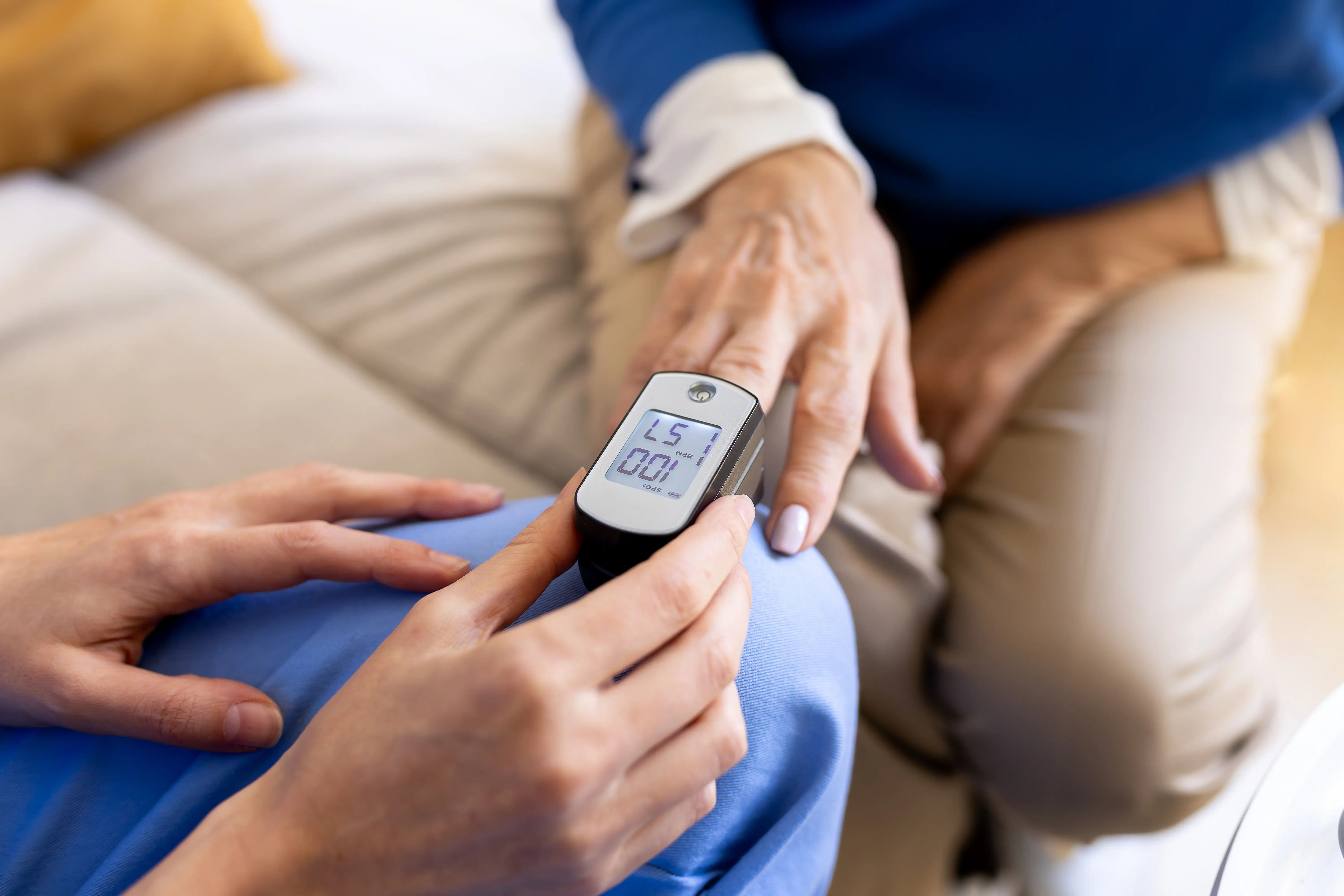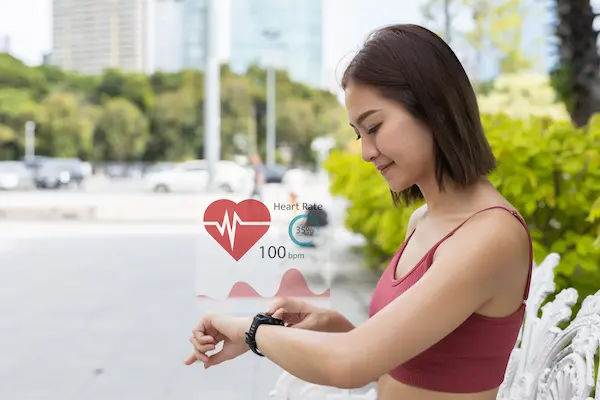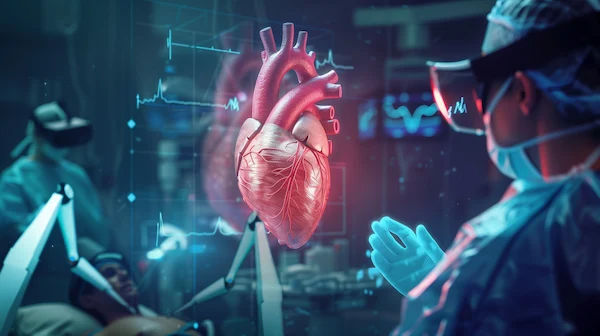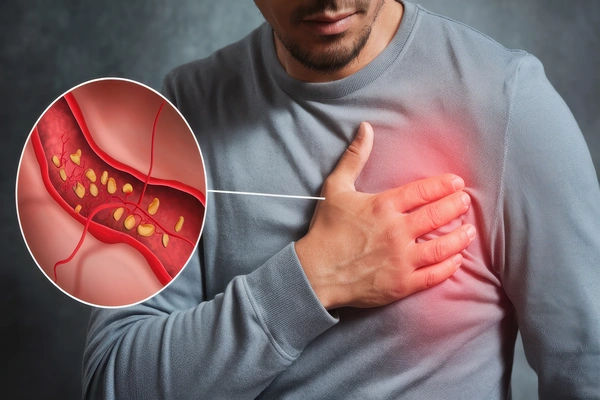- male
- 48 Years
- 22/01/2025
I've been wondering about how long it might take for the heart to heal after getting a stent in the main artery at age 48. If the person isnt an alcoholic or diabetic, follows a vegetarian diet, eats very little fast food, but does consume dairy products like curd, malai, and cream, would this kind of lifestyle impact their recovery time? I'm just trying to figure out what factors might affect the healing process.
Answered by 1 Apollo Doctors
For most people, stent implantation recovery is fairly quick, with initial healing taking about 4 to 6 weeks and full recovery occurring over the course of 3 to 6 months. Since the person in question has a generally healthy lifestyle and no major risk factors, their recovery should be smooth, but they will still need to follow their cardiologists advice regarding diet, exercise, and medication.
Its essential to maintain a healthy diet, continue taking prescribed medications, and regularly follow up with the cardiologist. The doctor will provide personalized advice on when to resume more intense activities, based on progress.
Dr. Ranjith Suggests...
Consult a Cardiologist
Answered 04/07/2025
0
0

More Cardiology Health Queries
View allI'm really concerned about my dad. He's 63 and has been dealing with high blood pressure for a while now, but today his blood pressure reading was something like 12255. Do you think that's unusual or something to worry about? Hes also been passing urine more often than usual, like 8 to 10 times in just 3 hours. Plus, he has high blood sugar and manages it with ayurvedic medicine. Could this all be connected somehow? Just trying to figure out if there's anything serious going on or if it's okay. Any advice would be really helpful.
Considering his symptoms and blood pressure reading, it is important to monitor his condition closely. The low diastolic blood pressure (55) may indicate inadequate blood flow to his organs. I recommend consulting his doctor to adjust his high blood pressure medication. Additionally, the frequent urination could be a sign of uncontrolled blood sugar levels. He may need a review of his ayurvedic medication or additional treatment. Regular monitoring and follow-up are essential in this situation.
Answered by 1 Apollo Doctors
I'm a bit concerned because I've been managing my blood pressure and diabetes for a while. I used to take lobet 100mg and alphadopa 500mg twice a day for a month, but I stopped the BP meds two months ago because I was feeling dizzy and had blurred vision. My BP readings were fine after that, but lately, I've been getting mild headaches, and today my BP was 160100. I've been advised to see a doctor. I'm worried about whether starting BP medication again after the consultation might cause any issues. Could you please give me some guidance on this?
It is important to manage your blood pressure to prevent complications. Since you have a history of experiencing giddiness and blurred vision with your previous medication, it is crucial to consult your doctor before starting any new medication. Your doctor may prescribe a different class of antihypertensive medication such as Amlodipine 5mg once daily or Losartan 50mg once daily to help lower your blood pressure without causing the same side effects. Regular monitoring and follow-up with your doctor are essential to ensure the effectiveness and safety of the new medication.
Answered by 1 Apollo Doctors
Can I take Dilzem CD 120 about 40 minutes after Rabsec PPI? Are there any side effects I should be worried about?
It is generally safe to take Dilzem CD 120 after 40 minutes of Rabsec (PPI). However, it is important to note that there may be a potential interaction between these two medications. Dilzem CD 120 is a calcium channel blocker used to treat high blood pressure and chest pain, while Rabsec (PPI) is a proton pump inhibitor used to reduce stomach acid. Some potential side effects of taking these medications together may include an increased risk of low blood pressure, slow heart rate, and potential drug interactions. It is always best to consult with your healthcare provider before taking these medications together to ensure safety and effectiveness.
Answered by 1 Apollo Doctors
Disclaimer: Answers on Apollo 247 are not intended to replace your doctor advice. Always seek help of a professional doctor in case of an medical emergency or ailment.





